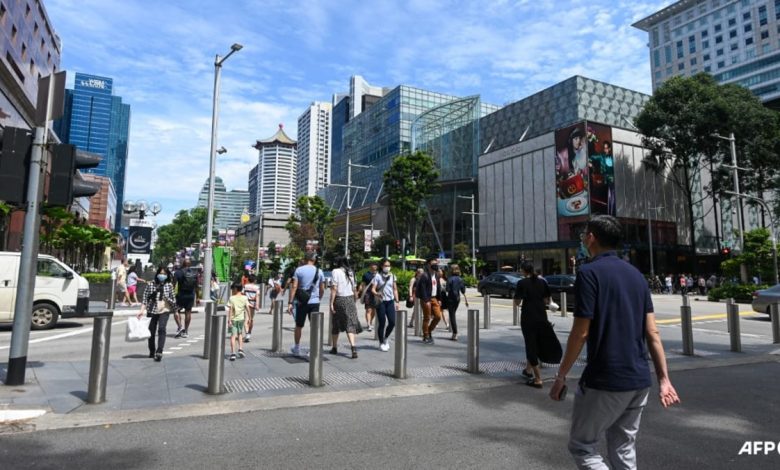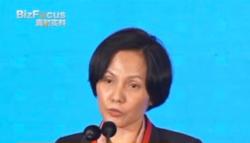Commentary: There is much to cheer in Singapore’s fight against inflation

WHAT COULD RAISE INFLATION?
Being a small and open economy, Singapore is highly sensitive to international price fluctuations. The supply chain disruptions and surge in commodity prices due to COVID-19 and the Russia-Ukraine war were well-known external factors that sent inflation up in 2022 and 2023.
Nobody has a crystal ball on how the global situation will play out. Nonetheless, it is easy to see how any intensification of geopolitical tensions in the Middle East or a re-escalation of the Russian-Ukraine war could drive shipping rates and energy and commodities costs upward.
Within Singapore, rising domestic labour costs – including wages – can result in higher prices for the products and services of the industries where workers are in demand, and ultimately lead to higher inflation.
On a structural basis, there is evidence of matching inefficiency in Singapore’s labour market, leading to an upward bias on wages. For instance, while big data and artificial intelligence are large growth areas, there is still a shortage of talent in these areas.
The average Singaporean worker – in tech or in fact any industry – would naturally want to be paid more. The key, however, is consistency and sustainability. Drastic salary rises, if not matched by increases in productivity, will risk leading to a wage-price spiral and worsen inflation. At the end of the day, it will do nobody or the economy any good.
The good news is that significant progress has been made in the fight against inflation. The bad news is that it is still too early to declare victory.
Your chicken rice prices could soon become more stable, but you should not count the chickens before they are hatched.
Alvin Liew is a senior economist at UOB.





